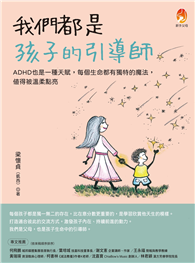Marion Kilchester’s poignant homage to her late mother-in-law strikes me as being
an important work.
Written in the first person and based upon the copious notes that Marion had made and kept after long discussions with Ludmila during her later years, the story serves as a powerful reminder that, even today we can still pass by people like Ludmila or her husband Mykola in the street, little realizing the wealth of extraordinary events they have lived through.
Ludmila should have had a comfortable childhood on her family’s farm in Ukraine. The strangling yoke of a deeply antagonistic pre-war Stalinist Russia crushed that opportunity.
Then with the arrival of Nazi troops as the Second World War found her village, came a new even more terrifying future.
She survived, finding strength in herself, and love in the form of Mykola, a fellow Ukrainian deportee in the hands of the Nazis.
Their struggles to survive, followed by their eventual assisted emigration to Australia typified many thousands of central and southern Europeans.
Today the passing decades have seen their numbers dwindle. That is why Marion’s book holds such significance.
We should never forget what Ludmila’s generation went through.
Marion Kilchester’s book will help ensure we don’t.

 看圖書介紹
看圖書介紹










